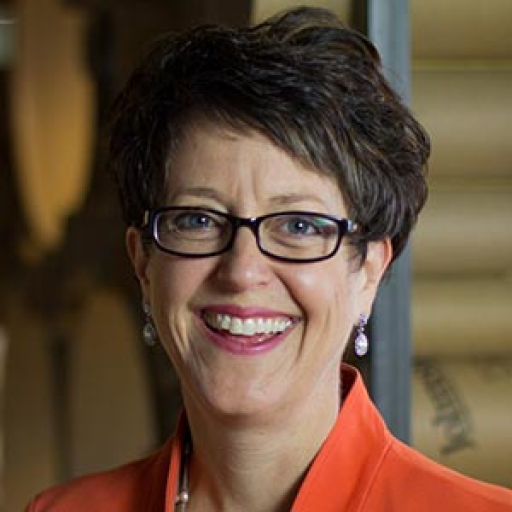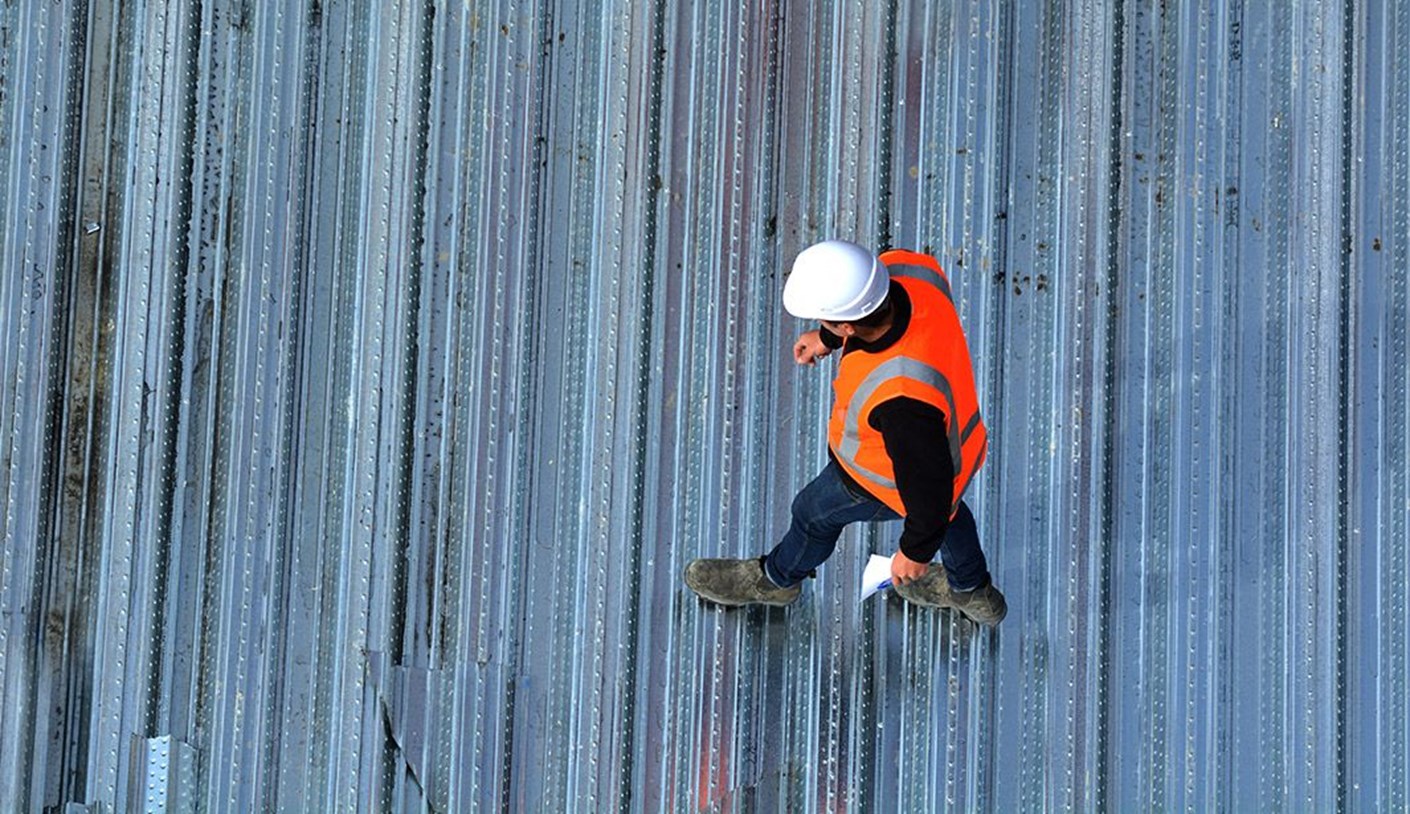Shelton Stat of the Week
78% of people around the world believe that climate change is occurring and caused by human activity. — Eco Pulse®, 2023 (Global)
It’s a big year:
- Another contentious presidential election here in the United States…
- The first year of data collection for a set of large companies required to comply with the European Union’s Corporate Sustainability Reporting Directive (CSRD)…
- The home stretch for achieving all those “25% recycled content by 2025” goals…
- A final decision from the Securities and Exchange Commission (SEC) about whether or not scope 3 emissions will be included in their climate disclosure rule – meaning, private companies that are part of public companies’ supply chains will need to have their greenhouse gas (GHG) house in order so they can give accurate data to the public companies that must report on their climate impacts and risks…
- And maybe we’ll see something from the Federal Trade Commission (FTC) regarding the Green Guides updates (though a colleague of mine pegs that to be in 2026).
So, what does all of this mean for you?
Well, as some of my friends in corporate sustainability put it, “we’re going to spend so much on consultants just to work on compliance with all the new regulations that we won’t have any money left to actually do the real work of decarbonization.” That’s probably the case for many companies. And at the risk of seeming tone deaf, (or self-serving), I think most companies need to ramp up investment in communications around their sustainability work in 2024. Here’s why:
- Our 2023 Global Eco Pulse survey revealed that most people around the world EXPECT companies to lead the charge on solving our environmental issues (they are looking to companies more than they’re looking to governments). And they WANT to hear from companies about their leadership on GHG emissions reduction (85% of people in the 12 countries we surveyed are somewhat-to-very interested in hearing from you on this topic).
- That’s great, right? Just do the good work to reduce your impact on the environment, and then tell the story, right? Well, there are a few challenges here that you’ll need to overcome this year:
- In the US, the election cycle is sure to be full of misinformation, which will increase skepticism about any and all messages related to the future, communities and impact on society. And, of course, diversity, equity and inclusion (DE&I) will likely continue to be at least somewhat of a target from the far right. Your messaging this year needs to stay focused on what you’ve already done and the impact it’s made for people. In other words, don’t wax poetic about what you hope to do one day; talk about what you’ve already delivered. And don’t talk in scientific terms (for instance, “we reduced XX MW hours of energy use” or “we reduced our GHG emissions by X”); talk about what that means for people – how your work improved health outcomes from cleaner air, or delivered cleaner water to communities, or created new jobs.
- As CSRD gets implemented and the new SEC ruling comes online, companies will all be tasked with doing the same thing. So, if you’re doing the same thing as all your competitors, how do you differentiate and use your work in sustainability as a lever for consumer, employee, and/or investor preference? It’s really important to do market insights work alongside your compliance work so you know what your stakeholders really want to hear about from you and see you doing. Then, alongside all the actions you’ll be taking to comply with regulations, you can carve out initiatives and commitments that are unique to you. That will then give you a story to tell. The time to do that is when you’re working on compliance because it will be less expensive to flow in that insights work to other compliance-related work, like interviews, that will already be happening. You could get your finger on the pulse of your stakeholders’ care-abouts later –it will just cost more.
- Lastly, to make all of this happen – to create actions that you can leverage to drive preference with compelling communications – people with sustainability in their job titles need to be joined at the hip with people who have communications in their job titles. I continue to be flummoxed by how often this is a teeth-pulling exercise or a forced partnership. Bottom line: communications people and sustainability people should be best friends. If you do it right, 2024 can be more than the year of compliance and sameness. It can be the year of elevating your sustainability program to one that builds your brand, attracts and retains employees and drives investment.
 View all
View all 
